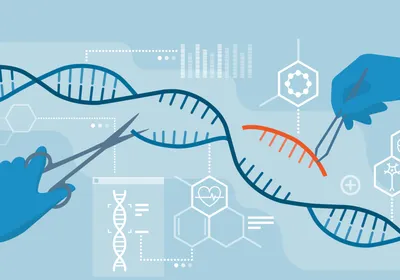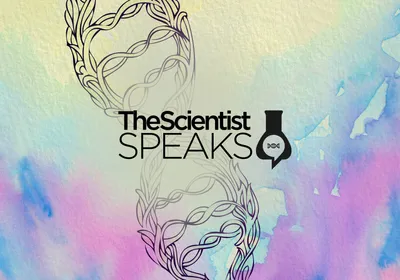ABOVE: WIKIMEDIA, EDWIN P EWING JR
An experimental gene therapy for Duchenne muscular dystrophy has showed better-than-expected results in a three-patient trial, according to preliminary data presented by Cambridge, Massachusetts–based biotech Sarepta Therapeutics on Tuesday (June 19). Company shares jumped 60 percent following the news that the treatment dramatically boosted levels of microdystrophin, a muscle-protecting protein designed by researchers, and reduced levels of an enzyme associated with the disease.
“I have spent my life wanting to make a real change in this disease,” principal investigator Jerry Mendell of Nationwide Children’s Hospital in Columbus tells STAT News. “Finally, we may be there. I am very hopeful. This is an emotional time for people in the field.”
Duchenne muscular dystrophy (DMD) is a rare genetic disorder caused by loss-of-function mutations in the dystrophin gene. An X-linked condition, the disease mostly affects boys, and usually manifests itself in the form of muscle weakness ...






















